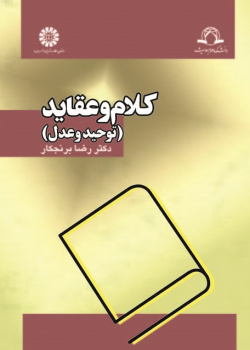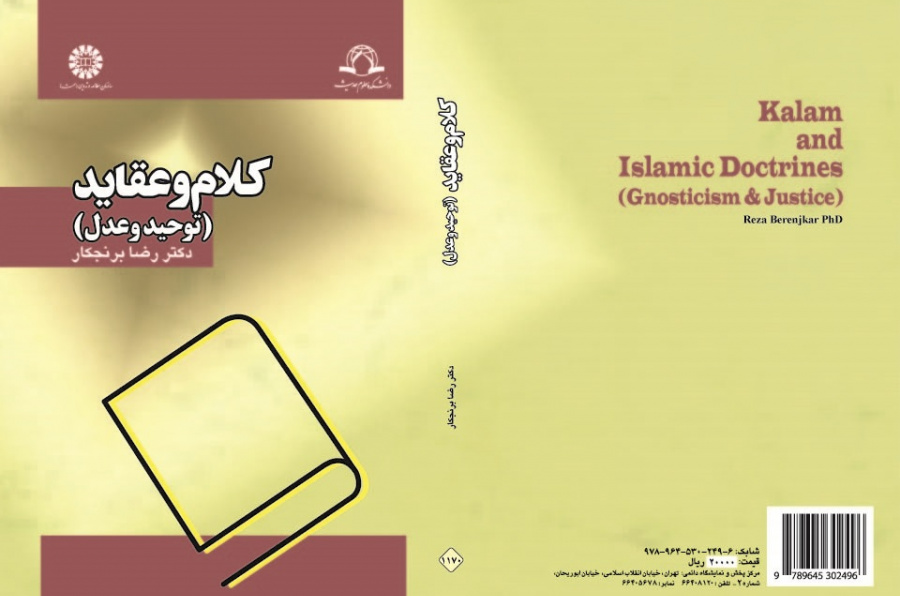

Kalam and Islamic Doctrines (Monotheism & Justice)
From among the Islamic sciences, the study of Kalaam and Aqeedah (which in very simple terms mean philosophy and faith) is the most important one. This is because Aqeedah comprises the most fundamental part of any religion and tradition such as Islam. That is why Kalaam, is also called the fundamentals of religion and in Hadiths on subjects like Tawhid (monotheism) and ‘Adl (justice) the terminology in use for it is “the Basis of Religion”. The principles of beliefs has a long history and exists in other divine religions such as Judaism and Christianity although in Islam it has unique characteristics and the term used for it is “ilm-e Kalaam”.
This book tries to present a logical explanation of the teachings of Tawhid and ‘Adl based on the Quranic verses as well as The Holy Prophet’s and his descendants’ Hadiths. The book primarily aims at demonstrating that the teachings of the Holy Book of Islam and Sunnah are the most logical and conscientious viewpoints in debates on Tawhid and ‘Adl. The content of the book is in sixteen chapters. First, an outline of Kalaam such as its definition, etymology, subject matter, methodology, as well as the fundamentals of religion, etc are put forth. Then, the ways to know Allah, His Names and attributes, the applicability and the functionality of the Names, Tawhid and its stages; other Divine attributes such as Knowledge, Power, Creation, Divine Justice; logical (in)decency; the theory of determinism; Consignment (Taffeez) and “Amron Bein Al-Amrain” ; Fate (Qada wa Qadar); villainies and justice of the
Divinity; felicity and adversity are studied. At the end of each chapter, there are the abstract, questions for self-assessment and suggestions for further research.
Suggested for the students of theology (Islamic sects and mysticism, Islamic philosophy, Islamic jurisprudence and law and the Quran and Hadith studies), this book tries to present a logical explanation of the teachings of Tawhid (Monotheism) and ‘Adl (Justice) based on the Quranic verses as well as The Holy Prophet’s and his descendants’ Hadiths.





